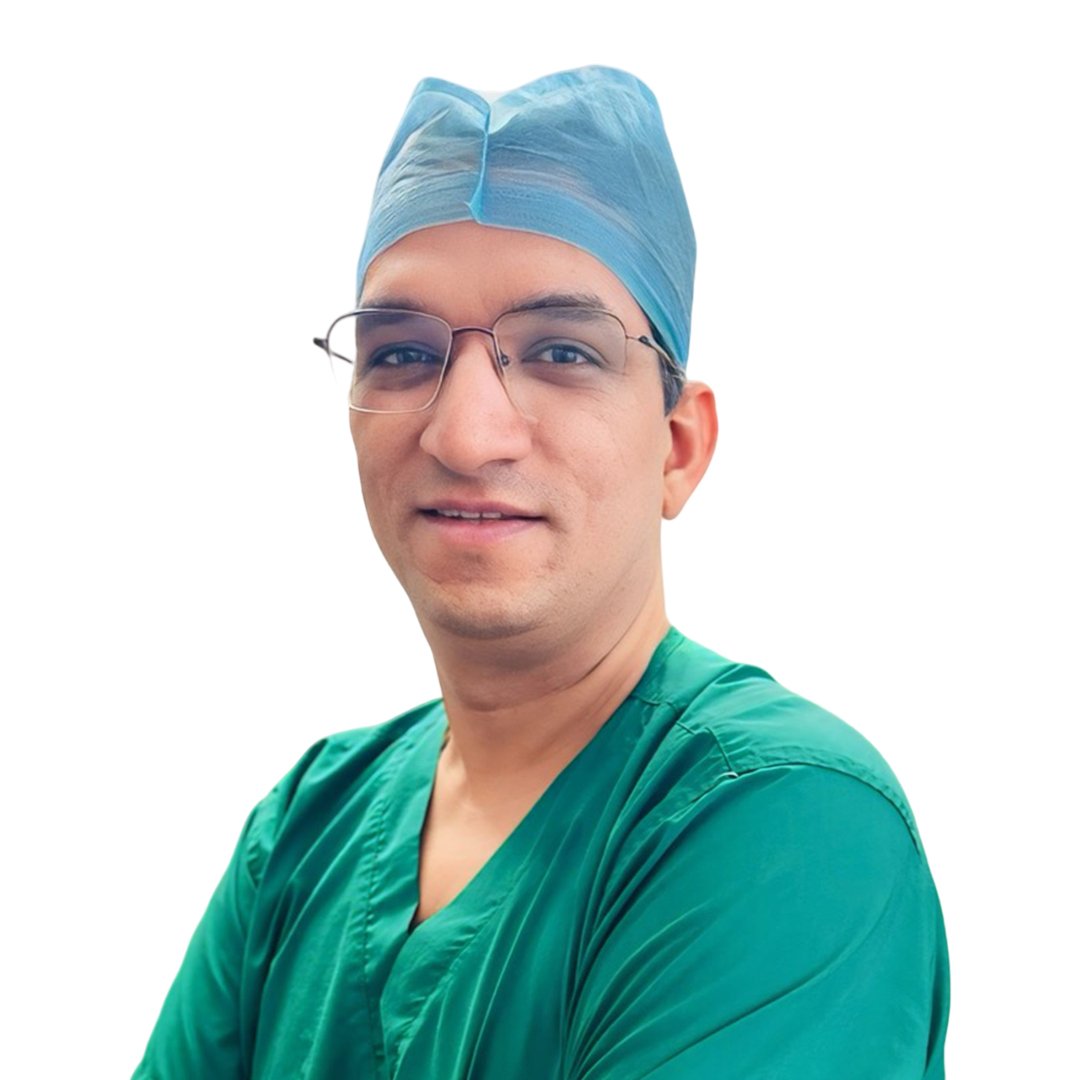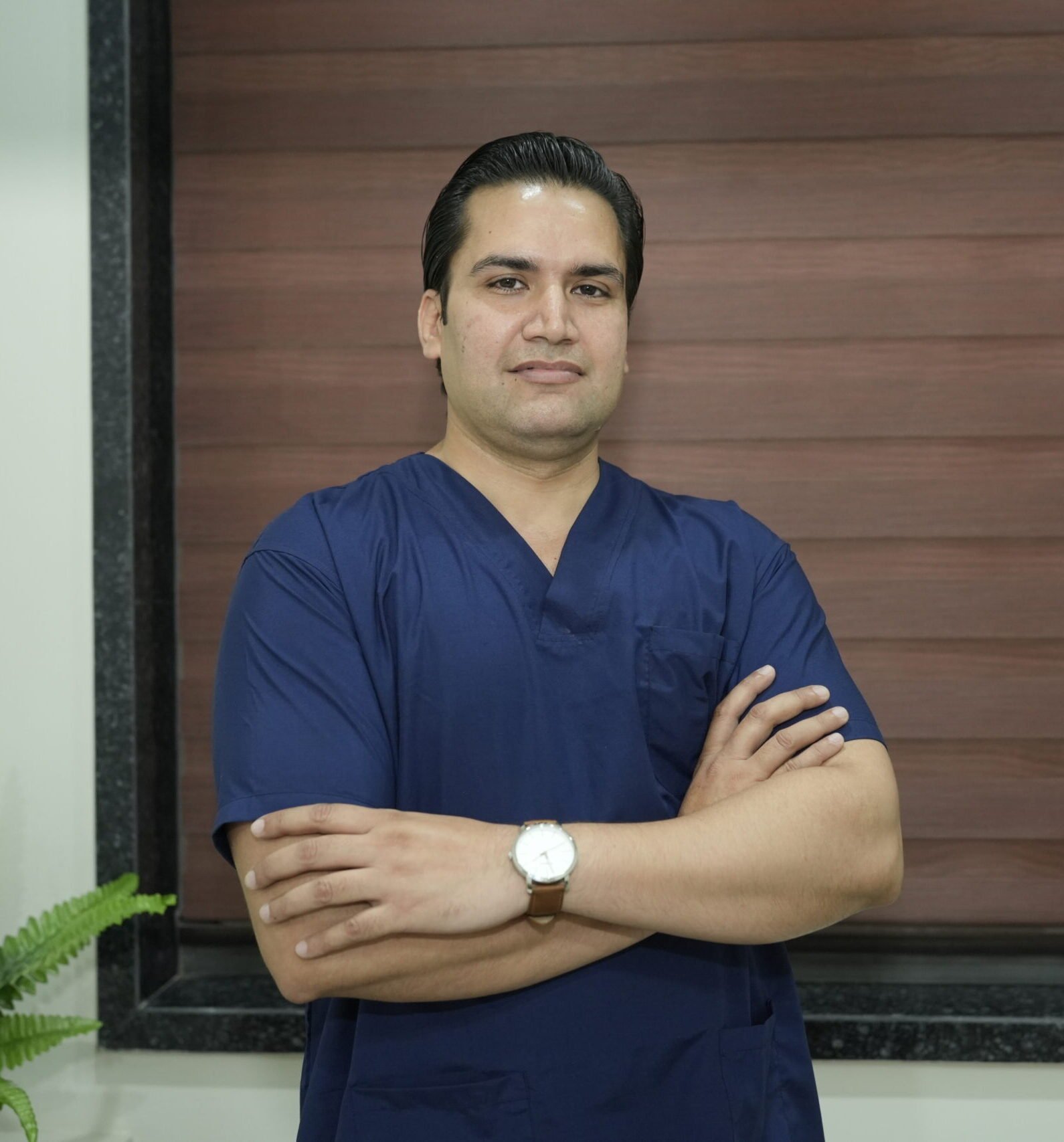Dementia Treatment In Jaipur
Understanding Dementia
Dementia refers to a range of symptoms affecting memory, reasoning, and social abilities, significantly impacting daily life. It encompasses various conditions causing cognitive decline. At Pinkstar Hospital, Jaipur, we specialize in diagnosing and providing comprehensive Dementia Treatment in Jaipur by addressing its complex underlying causes.
Difference Between Dementia and Alzheimer’s Disease
Dementia is an umbrella term for cognitive decline severe enough to interfere with daily life. Alzheimer’s disease, the leading cause of dementia, is characterized by abnormal protein buildup in the brain, impacting memory and behavior. At Pinkstar Hospital, we provide specialized Dementia Treatment in Jaipur, focusing on differentiating between dementia and Alzheimer’s to offer the most accurate care.
Types of Dementia
Dementia includes primary types like Alzheimer’s, Vascular Dementia, Lewy Body Dementia, Frontotemporal Dementia (FTD), and Mixed Dementia, along with secondary forms linked to other diseases such as Parkinson’s and Huntington’s. Our Dementia Treatment in Jaipur caters to these diverse forms, ensuring targeted and effective management.
Causes
Dementia can result from various conditions, including Alzheimer’s, vascular issues, Lewy body formation, and others. Identifying the specific cause is crucial for effective treatment and management. Pinkstar Hospital’s Dementia Treatment in Jaipur aims to pinpoint these causes to create personalized treatment plans for each patient.
Symptoms
Symptoms of dementia vary but often include memory loss, difficulty with tasks, confusion, personality changes, and more. Early diagnosis helps in managing symptoms and planning appropriate care. Our Dementia Treatment in Jaipur emphasizes early detection and intervention to improve patient outcomes.
Risk Factors
Risk factors like age, family history, cardiovascular health, and lifestyle choices play crucial roles in the development of dementia. While some factors are beyond control, adopting a healthy lifestyle can mitigate risks. At Pinkstar Hospital, our Dementia Treatment in Jaipur includes educating patients and families on risk reduction strategies.
Diagnosis
Accurate diagnosis involves medical history review, cognitive tests, neurological evaluations, brain imaging (CT, MRI, PET scans), and laboratory tests to determine underlying causes. Our comprehensive diagnostic approach ensures that our Dementia Treatment in Jaipur is both precise and effective.
Prevention
While prevention remains challenging, lifestyle changes such as quitting smoking, adopting a Mediterranean diet, regular exercise, mental stimulation, and social interaction may help reduce risk factors associated with dementia. Our Dementia Treatment in Jaipur includes preventive measures tailored to each individual’s needs.
Treatment
Our treatment approaches encompass medication, occupational therapy, environmental modifications, and lifestyle adjustments, all tailored to individual needs. At Pinkstar Hospital, we offer personalized Dementia Treatment in Jaipur, aimed at improving the quality of life for dementia patients.
Your Partner in Dementia Care
At Pinkstar Hospital in Jaipur, we are dedicated to delivering compassionate and advanced Dementia Treatment in Jaipur. Our multidisciplinary team of experts conducts thorough evaluations and creates personalized treatment plans, striving to enhance outcomes and support both patients and their families throughout their dementia journey.
Contact Us
Contact Pinkstar Hospital today for expert consultation and the best Dementia Treatment in Jaipur. Let us guide you towards better cognitive health and quality of life. Our commitment to excellence in Dementia Treatment in Jaipur ensures that you receive the care and support needed to navigate this challenging condition.
Explore Our Main Services

Neuro Science
Studies the nervous system, focusing on diagnosing and treating brain, spinal cord, and nerve disorders to enhance understanding and treatment of neurological conditions.

General Medicine
Involves the holistic care of adults, from diagnosis to treatment, covering a wide spectrum of health conditions to ensure overall well-being and prevention from disease.

Urology
Treats urinary tract and male reproductive system disorders through surgeries like kidney stone removal and prostate procedures, aiming to improve health and quality of life.

Pathology/ Biochemistry & Microbiology
Involves diagnosing diseases by meticulously examining tissues, cells, and body fluids, providing critical insights for precise medical treatment and comprehensive patient care.

ENT
Treats ear, nose, and throat disorders, such as hearing loss and sinusitis, using advanced medical and surgical methods to significantly improve health and quality of life.

Critical Care & ICU Servises

Cardiology
Specializes in diagnosing and treating heart and blood vessel disorders, using medical and surgical interventions to manage conditions like heart disease and hypertension.

General Surgery
Covers a variety of procedures for abdominal and related conditions, focusing on diagnosis, treatment, and advanced surgical techniques to ensure effective patient care.

Nephrology
Manages kidney conditions like chronic kidney disease, kidney stones & electrolyte disorders by treatments such as dialysis and transplantation, aiming to improve patient health & well-being.

Gastroenterology
Focuses on diagnosing and treating digestive system disorders, including conditions affecting the stomach, intestines, liver, and pancreas, to improve digestive health.

Trauma & Emergency
The trauma and emergency department provides immediate, life-saving care with advanced technology and expert staff, ensuring rapid and effective treatment 24/7 for all critical medical conditions and emergencies.

Radiology- CT/MRI
Uses imaging techniques like X-rays, MRI, and CT scans to diagnose and treat medical conditions, providing critical information for effective patient care.

Orthopaedic / Joint Replacement / Arthroscopy
Focuses on treating musculoskeletal issues through surgical and non-surgical methods, aiming to restore mobility and improve quality of life.

Gastroenterologist Surgery
Treats digestive disorders through advanced surgical procedures like appendectomies and liver transplants, significantly improving digestive health of patients and their overall well-being.

Plastic Surgery
Enhances appearance and function through a variety of cosmetic and reconstructive procedures, significantly improving the quality of patients’ lives and boosting their confidence.

Oncology
Specializes in diagnosing and treating cancer, utilizing therapies such as chemotherapy, radiation, and surgery to manage and eradicate tumors and improve patient outcomes.

Physiotherapy
Uses exercises and therapies to rehabilitate movement, treat injuries such as sports injuries and chronic pain, and aid post-surgical recovery, effectively promoting healing, mobility, and overall functional improvement.

Gynecology
Gynecology focuses on women’s reproductive health, treating menstrual issues, infertility, pregnancy, and menopause for overall well-being.
Meet Our Specialists
Dr. Rajvinder Singh Choudhary
NeurosurgeryDr. Ashwini Sharma
Consultant NeurosurgeonDr. Navneet Agarwal
Senior Consultant Neurosurgeon MBBS, MS, Mch. NeurosurgeryDr. Vaibhav Kumar Somavanshi
Consultant Neurologist, MBBS,DNB, DMDr. Rakesh Sharma
NeurosurgeryDr. Manoj Kumar Saini
MBBS, CCEBDM,PGGCCFAQ
Dementia is a general term for a decline in cognitive function severe enough to interfere with daily life. It affects memory, thinking, and social abilities. Alzheimer’s disease is the most common type of dementia, but there are many other forms, including vascular dementia, Lewy body dementia, and frontotemporal dementia.
Early signs of dementia can include memory loss that disrupts daily life, difficulty completing familiar tasks, confusion with time or place, trouble understanding visual and spatial relationships, and problems with words in speaking or writing. Changes in mood or personality may also be early indicators.
Dementia is diagnosed through a combination of medical history, physical exams, neurological tests, and cognitive and neuropsychological tests. Brain imaging (such as MRI or CT scans) and blood tests may also be used to rule out other conditions and identify the type of dementia.
While there is no sure way to prevent dementia, certain lifestyle changes can reduce the risk. These include maintaining a healthy diet, regular physical exercise, mental stimulation, social engagement, and managing cardiovascular risk factors like hypertension, diabetes, and high cholesterol. Avoiding smoking and excessive alcohol consumption is also beneficial.
While there is no cure for dementia, treatments are available to manage symptoms and improve quality of life. These include medications to manage cognitive symptoms (such as cholinesterase inhibitors and memantine) and treatments for associated symptoms like depression, sleep disturbances, and behavioral changes. Non-pharmacological interventions, such as cognitive therapy, physical exercise, and social activities, are also important for supporting individuals with dementia and their caregivers.






